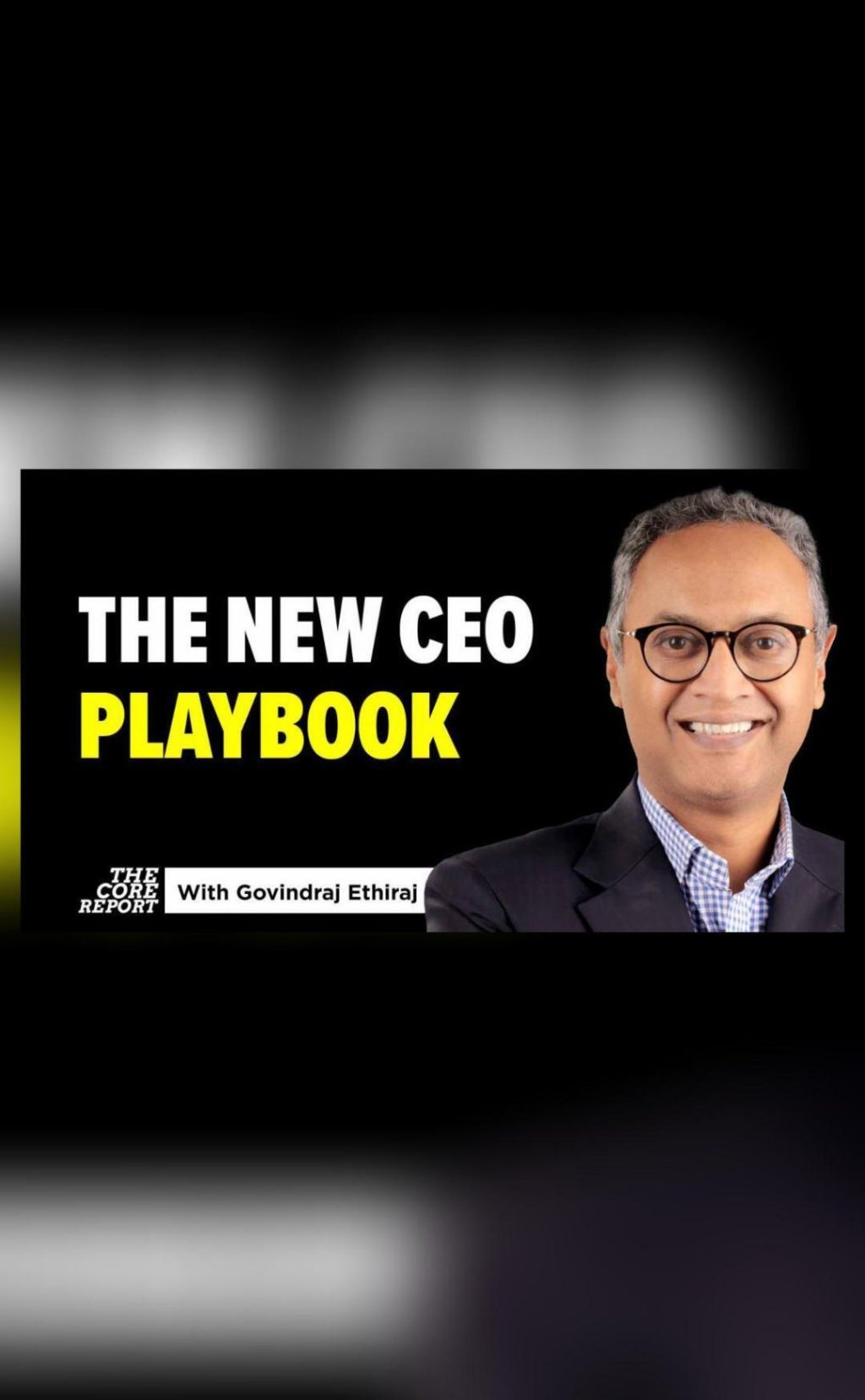
The New CEO Playbook: AI Pressures & Global Tariff Shocks
As the world becomes increasingly interconnected, CEOs are facing unprecedented challenges in today’s business landscape. The rapid adoption of artificial intelligence (AI) and the sudden shift in global trade policies have created a perfect storm of uncertainty, forcing leaders to rethink their strategy and operations. In this article, we’ll explore the pressures that CEOs are facing and how they can adapt to these new realities.
AI Pressures: The Need for Automation and Innovation
AI is transforming industries at an unprecedented pace, and CEOs are under pressure to keep up. According to a recent survey by McKinsey, 80% of executives believe that AI will significantly change their business within the next two years. This has led to a renewed focus on automation, as companies seek to optimize processes and improve efficiency.
However, this transition is not without its challenges. Many CEOs are struggling to balance the need for automation with the need for human touch. As AI takes over routine tasks, companies must ensure that their workers are equipped with the skills needed to work alongside machines.
Additionally, AI is forcing CEOs to rethink their business models. With the ability to analyze vast amounts of data, companies can identify new opportunities and disrupt traditional industries. For example, the rise of online shopping has disrupted the retail industry, forcing brick-and-mortar stores to adapt or risk becoming obsolete.
Global Tariff Shocks: The Impact of Shifting Trade Policies
In recent years, global trade policies have undergone a significant shift, with the introduction of tariffs and trade wars. This has created a new reality for CEOs, who must navigate a complex web of import and export regulations.
The impact of tariffs can be significant, particularly for companies that rely heavily on international trade. According to a recent report by the World Bank, a 10% increase in tariffs can lead to a 2.5% decline in trade volumes.
This has led to a renewed focus on localisation, as companies seek to reduce their reliance on international trade. CEOs are turning to domestic suppliers and investing in local manufacturing to mitigate the risks associated with tariffs.
Strategies for Success in an Uncertain World
So, how can CEOs navigate these unprecedented challenges? Here are a few strategies that can help:
- Embrace Automation: Companies must invest in automation to stay competitive in today’s fast-paced business environment. This will not only improve efficiency but also free up resources for more strategic initiatives.
- Focus on Human Skills: As AI takes over routine tasks, companies must prioritize the development of human skills such as creativity, problem-solving, and emotional intelligence.
- Localise and Adapt: CEOs must be prepared to adapt to changing trade policies and localise their operations to reduce reliance on international trade.
- Rethink Business Models: The rise of AI and tariffs requires CEOs to rethink their business models and identify new opportunities for growth.
Conclusion
The new CEO playbook is all about adapting to a rapidly changing world. As AI reshapes industries and tariff shocks disrupt trade, business leaders must be prepared to think creatively and strategically.
In this article, we’ve explored the pressures that CEOs are facing and the strategies that can help them succeed. From embracing automation and focusing on human skills to localising and adapting to changing trade policies, CEOs must be prepared to pivot and innovate.
As the business landscape continues to evolve, one thing is certain – the CEO of the future will be a master of adaptation and innovation.
Source: https://youtu.be/0osLVVtj7tY






